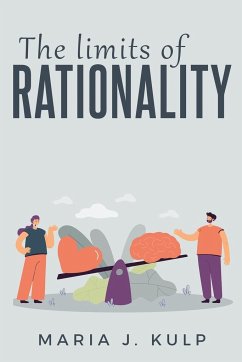In this project, I expose conceptual and moral difficulties with the concept of rational suicide. After offering a comprehensive list of criteria used to define rationality in the bioethics literature, I turn to the scholarship of Susan Sherwin, Susan Wolf, Rosemarie Tong, Lisa Ikemoto and others to apply feminist critiques regarding the privileging of the liberal individual and claims of value neutrality in bioethics generally to the rational suicide literature specifically. Further, using the work of Genevieve Lloyd, I argue that just as definitions of rationality have been used to marginalize vulnerable populations (e.g., women and minorities), a similar marginalization of suiciders occurs in the rational suicide literature. In order to rectify this marginalization, I call on Jean Améry's account of his own suicidality, and through exegesis of On Suicide: A Discourse on Voluntary Death, I argue that Améry's account reveals that suicidality is neither rational nor irrational, but arational. Given that in some instances of the lived experience of suicidality, discussions of rationality are not applicable, I question the efficacy of "rational suicide" as the concept upon which to ground arguments for the moral permissibility of suicide and assisted suicide. Finally, having established both conceptual and moral difficulties with the concept of rational suicide, I argue for a new concept upon which to base arguments for the moral permissibility of suicide, appropriate death.
